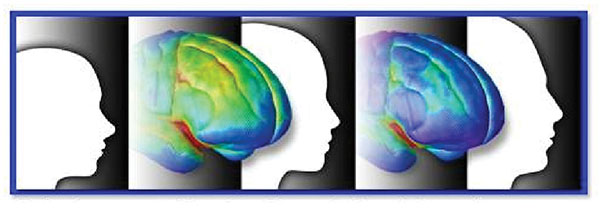Childhood Trauma, Posttraumatic Stress Disorder, and Alcohol Dependence
Children exposed to severe adversity early in life are at increased risk of subsequently developing mental health problems, including alcohol dependence. In general, the onset of trauma precedes the onset of alcohol dependence. Although it is impossible to establish a direct causal relationship, this temporal relationship suggests a robust and positive relationship between exposure to early-life...


